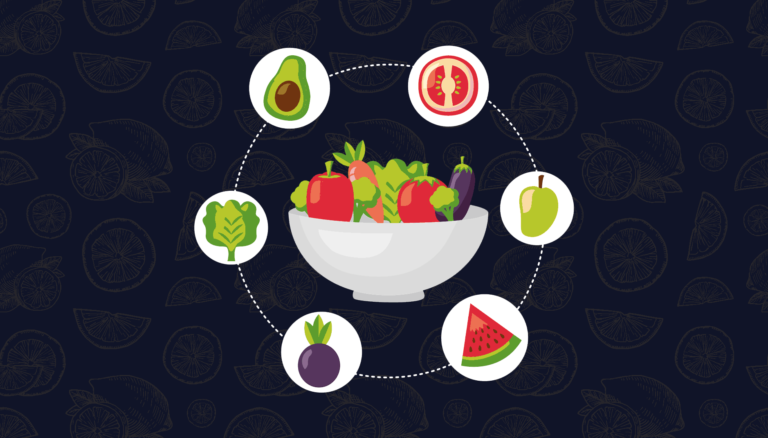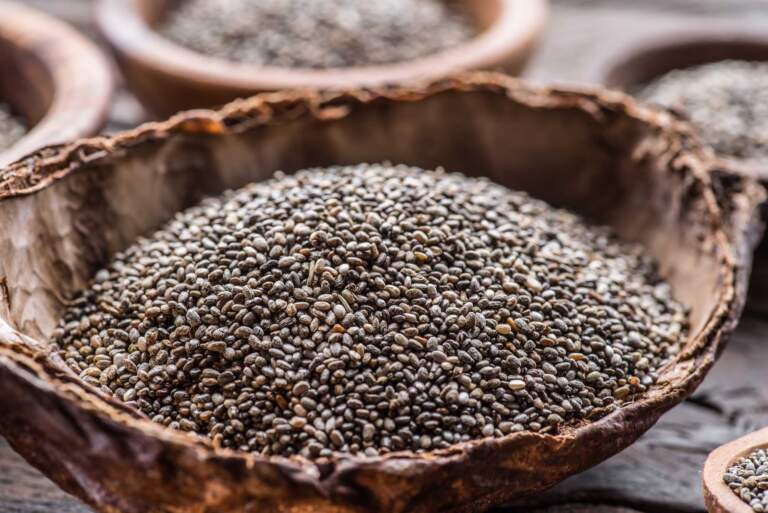Due to increased vitamin and minerals deficiency among people, food industries start to produce fortified food. Fortified food as they have vitamins and minerals added to them in order to avoid diseases, they are considered as functional. Functional foods can be described as dietary products that modulate one or more targeted functions in the body beneficially, in addition to providing nutrients and energy, by improving a certain physiological response and/or by reducing the risk of disease.
What is Functional Foods?
Ingredients that provide health benefits extending beyond their nutritional value are functional foods. Some types contain supplements or other extra health-improving ingredients.
The idea originated in Japan in the 1980s when a class of “functional foods” developed by the government which provided additional health benefits beyond those covered by basic nutrition.
Foods fortified with vitamins, minerals, probiotics, or fiber are some examples. Functional foods include Nutrient-rich ingredients such as fruits, vegetables, nuts, seeds, and grains.
A variety of foods are covering functional foods. Minimally processed functional food includes whole foods along with fortified, enriched, or enhanced foods. Generally, when eaten on a daily basis and at certain amounts, these foods have a potentially beneficial impact on health.
What is Fortified Food?

Fortified foods are those that have nutrients added to them that don’t naturally occur in the food. These foods improve nutrition and add health benefits. For example, milk fortified with vitamin D, and calcium added to fruit juices.
In the United States, fortifying foods has traditionally been widely popular. Popular diseases that cause nutritional deficiencies are largely eliminated, such as rickets and pellagra.
A proven, sustainable, cost-effective, and high-impact approach for addressing micronutrient deficiencies in food fortification. Most of the global population consumes staple foods, such as wheat flour, maize flour, rice, oil, pulses, and salt, regularly throughout the year. These products fortified without affecting taste, texture, or color, and with a negligible cost to the user, they fortified with micronutrients, including iron, folic acid, vitamin A, iodine, and others. Almost the whole of this inclusive solution reaches the entire population.
List of Fortified Food & Companies:
- Milk: Milk has a high level of calcium, protein, fat, and a moderate amount of carbohydrates. Also, it is fortified with vitamins A and D. Milk is fortified for bone health. Bone strength promoted by calcium and vitamin D helps the body absorb calcium. Koita Organic Milk, they produce organic certified milk and has no artificial preservatives, no toxic pesticides, no growth hormones, and no antibiotics. While it has added Vitamin A and Vitamin D3. Also, it is Eco-Friendly in so many ways! Koita Organic Milk packed in TetraPak paper, rather than plastic.
- Cereals: Cereals tend to be high in carbohydrates, and are high in fiber in some types. cereals are often usually fortified with B vitamins. Nestlé, most Nestlé breakfast cereals are fortified with 5 vitamins and 2 minerals, including riboflavin, niacin, B6, folic acid, pantothenic acid, iron, calcium, and, sometimes, vitamin D.
- Soy Milk: Made from soybeans and is used by people who have allergies or are strict vegetarians as an alternative to standard milk. It has a high protein content and is also fortified with calcium, which is not normally present. Alpro, a plant-based milk that is the source of calcium.
Read More: How Soy sauce is made: Traditional and Chemical Method
Conclusion:
In the end, As many people in the United States don’t eat enough iron, calcium, or vitamins A, C, D, and E, it’s important to monitor your nutrient intake. Deficiencies can contribute to adverse health effects. Hence, Food industries that coming with a solutions that is fortifying food products with vitamins and minerals in order to reduce deficiency.
Source:
- Science Direct
- HealthLine
- EatRight
- NutritionInternational
- KOITA Milk
- Nestlé
- Alpro
- Livestrong.com






Leave a Comment